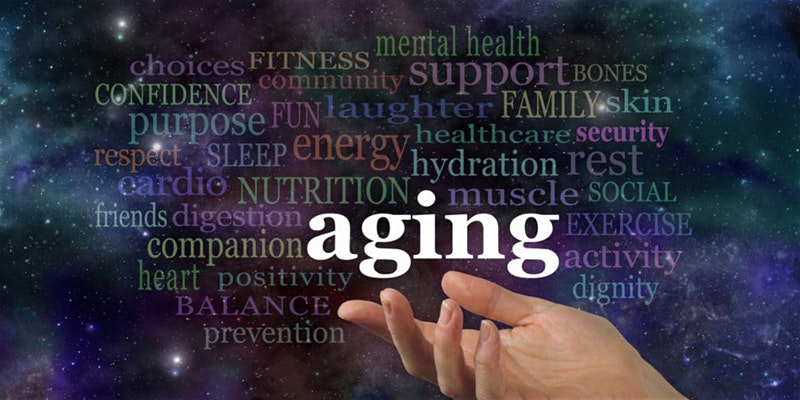
20 Sep Wellness Café – Growing Old Successfully: The Regeneration of Wellness into Old Age
7845 N River Rd
River Hills, WI 53217
USA
This event has been postponed.
Due to the prediction of inclement winter weather, the Clinical & Translation Science Institute (CTSI) will postpone the Wellness Café scheduled for Saturday, January 18, 2020 at St. Christopher’s Episcopal Church in River Hills, WI.
With safety as a priority, leadership of both CTSI and St. Christopher’s agree to reschedule the event until a later date to be determined.
For questions or additional information, please contact Angie Holtz at aholtz@mcw.edu or call 414-955-2540.
The number of Americans ages 65 and older is projected to nearly double from 52 million in 2018 to 95 million by 2060. By then, the 65-and-older age group’s share of the total population will rise from 16 percent to 23 percent. As America’s population is aging, many people wonder not only what it means to grow old, but also, how to grow old successfully and live longer. They also might want to know the answer to what exactly constitutes “successful aging?” Is the answer summoned up in the prominent model of successful aging developed in the 1990s which includes freedom from disease, high cognitive and physical ability and active engagement with life? Or are there perhaps other factors that need to be considered when pondering one’s passing years?
In order to answer these questions and more, a review of the physical, cognitive and spiritual aspects of aging will be presented.
Our discussion will begin with a review of some basic concepts related to aging such as defining what aging is and differentiating gerontology from geriatrics. The aging process is often associated with declining health, but it doesn’t have to be. Thus, it is also important to discuss age related changes and changes that stem from disease; to better understand longevity and be able to distinguish life expectancy from life span. While quantity is important, so is quality and while we know that there is no proverbial fountain of youth, the discussion will touch on quite a few things that can slow down the aging process.
And before we forget… With the aging population, the cognitive aspect of aging has also come in the forefront in recent decades. Every week there is a new strategy such as doing Sudoku puzzles, drinking red wine, and taking dietary supplements is offered by the media on how to preserve one’s cognitive abilities into old age. The information can be overwhelming and confusing, creating a cascade of questions on the topic. Consequently, areview and discussion of current and evidence-based information about strategies concerning brain health and aging will also be presented.
Program
8:30 – 9:30 am
Gathering and light breakfast
9:30 – 10:30 am
Presentation by panelists
10:30 – 10:45 am
Break
10:45 – 11:45 am
Discussion with guests
11:45 – 12:45 pm
Lunch





